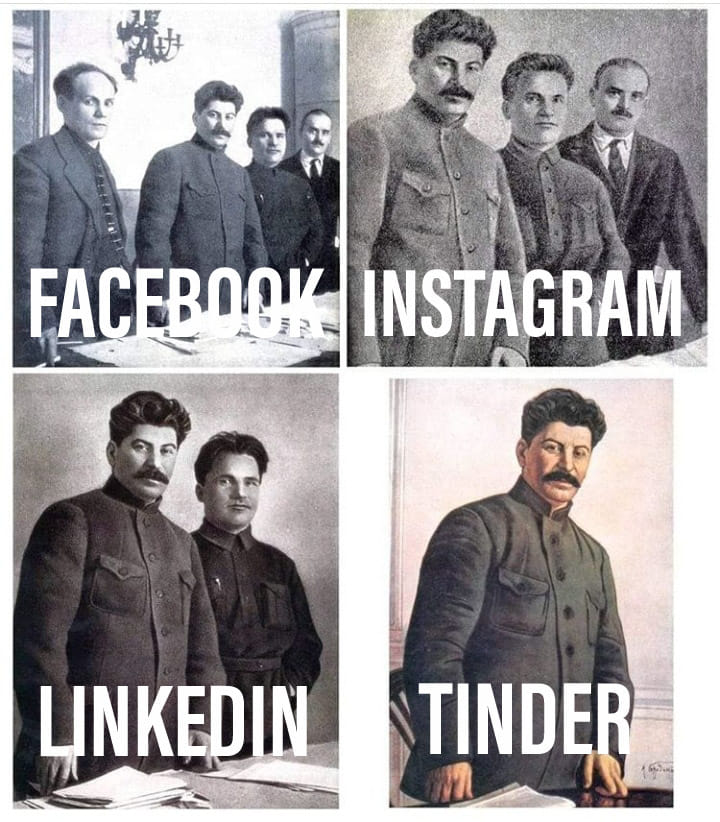Telegram partnering with Elon’s #AI to distribute #Grok inside chats is a clear line crossed. This matters because private data ≠ training fodder, bringing Grok (or any #LLM) into messaging apps opens the door to pervasive data harvesting and normalization of surveillance.
This is an example of platform drift: Telegram was always sketchy (proprietary, central control, opaque funding), but this is active betrayal of its user base, especially those in repressive regions who relied on it.
Any #LLM like Grok in chats = always-on observer: Even if “optional,” it becomes a trojan horse for ambient monitoring and a normalization vector for AI-injected communication.
“Would be better if we had not spent 20 years building our lives and societies around them first.”That’s the #openweb lesson in a sentence, that the #dotcons will kill themselves. This is what we mean by “use and abuse” of these platforms which have been driven by centralization, adtech, and data extraction, that they inevitably destroy the trust that made them popular. It’s entropy baked into their #DNA. As Doctorow calls this #enshitification, the tragedy is how much time, emotion, and culture we invested in them – only to have to scramble for alternatives once they inevitably betray us.
What to do now, first step, remove data from your account then delete telegram app, not just for principle, but for your own safety. Move to alternatives – #Signal for encrypted, centralized messaging (trusted but closed server). There are other more #geekproblem options in the #FOSS world but like #XMPP, #RetroShare, or good old email+GPG can work too, but they can be isolating, so stick to #signal if you’re at all #mainstreaming.
Then the second step, build parallel #4opens paths by supporting and develop alt infrastructure like the #Fediverse (Mastodon, Lemmy, etc.), #OMN (Open Media Network – decentralized media), XMPP and #p2p-first protocols, #DAT/#Hypercore, #IPFS, or #Nostr etc.
Yeah, things will get worse before they get better, what we’re seeing now is the terminal phase of the #dotcons era. These companies are devouring themselves and will eventually collapse under the weight of their contradictions. The question is, will we have built anything to replace them?
If not, authoritarian tech (like Elon’s empire) fills the void. That’s why we rebuild the “native” #openweb, even if it’s slow, messy, and underground. That’s why projects like #OMN and #Fediverse matter. If you’re reading this, you’re early to the rebuild, welcome, let’s do better this time.


